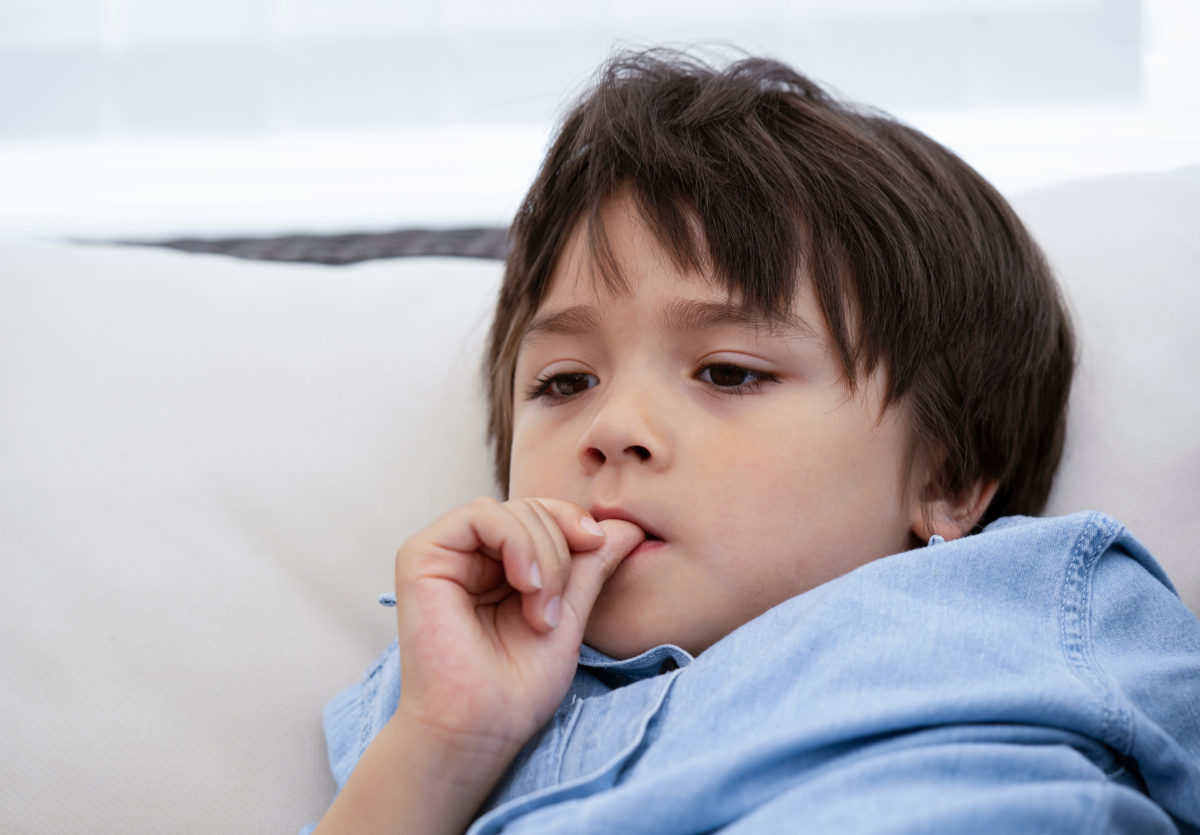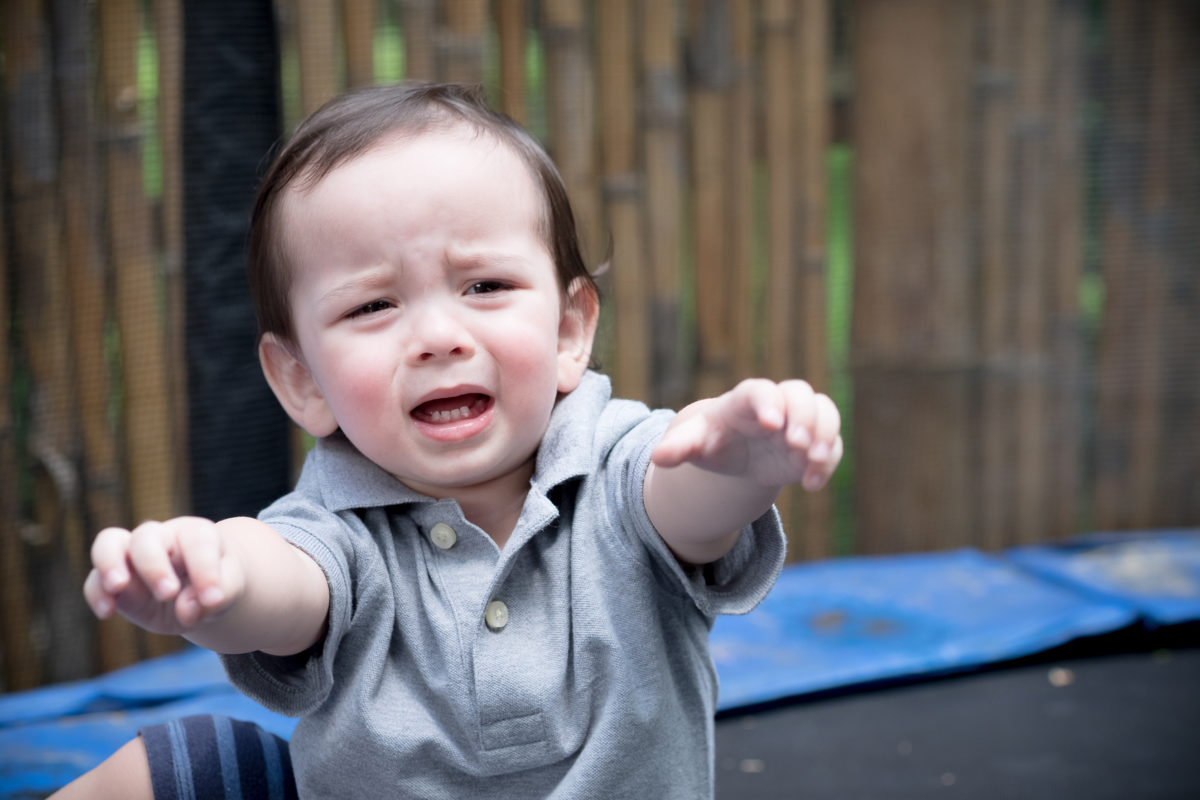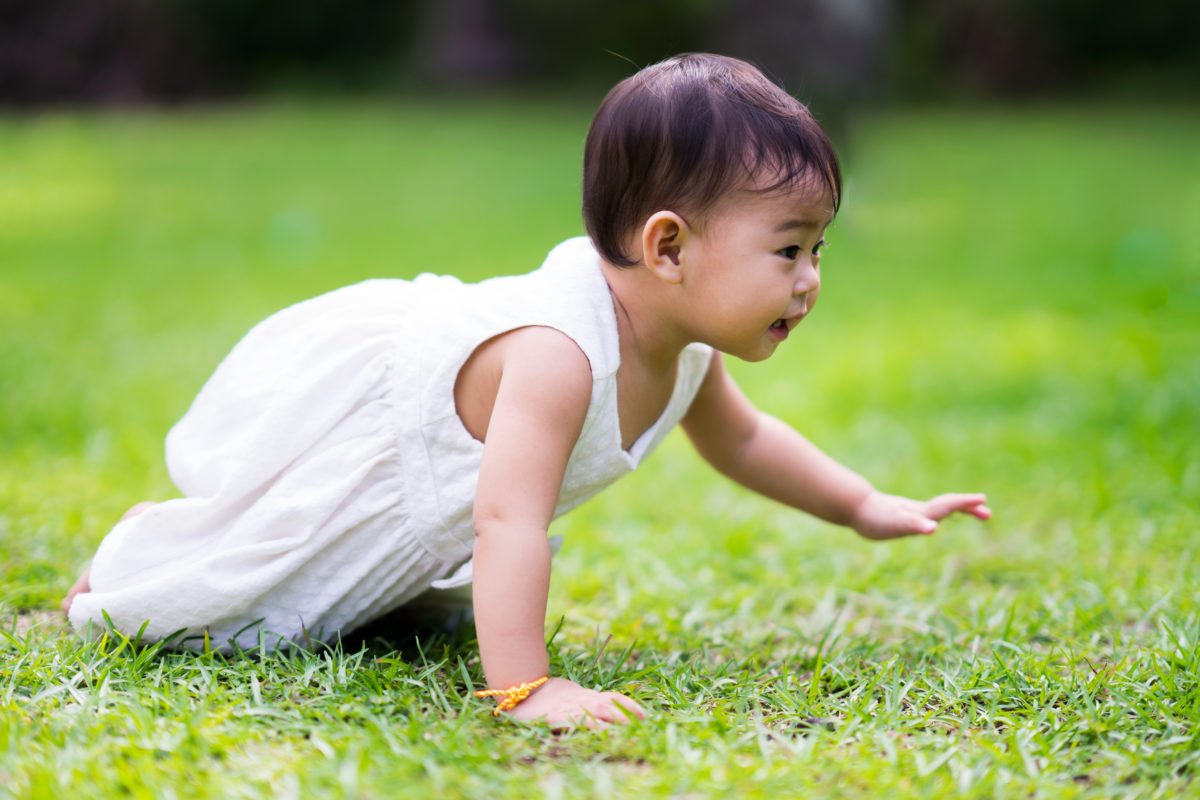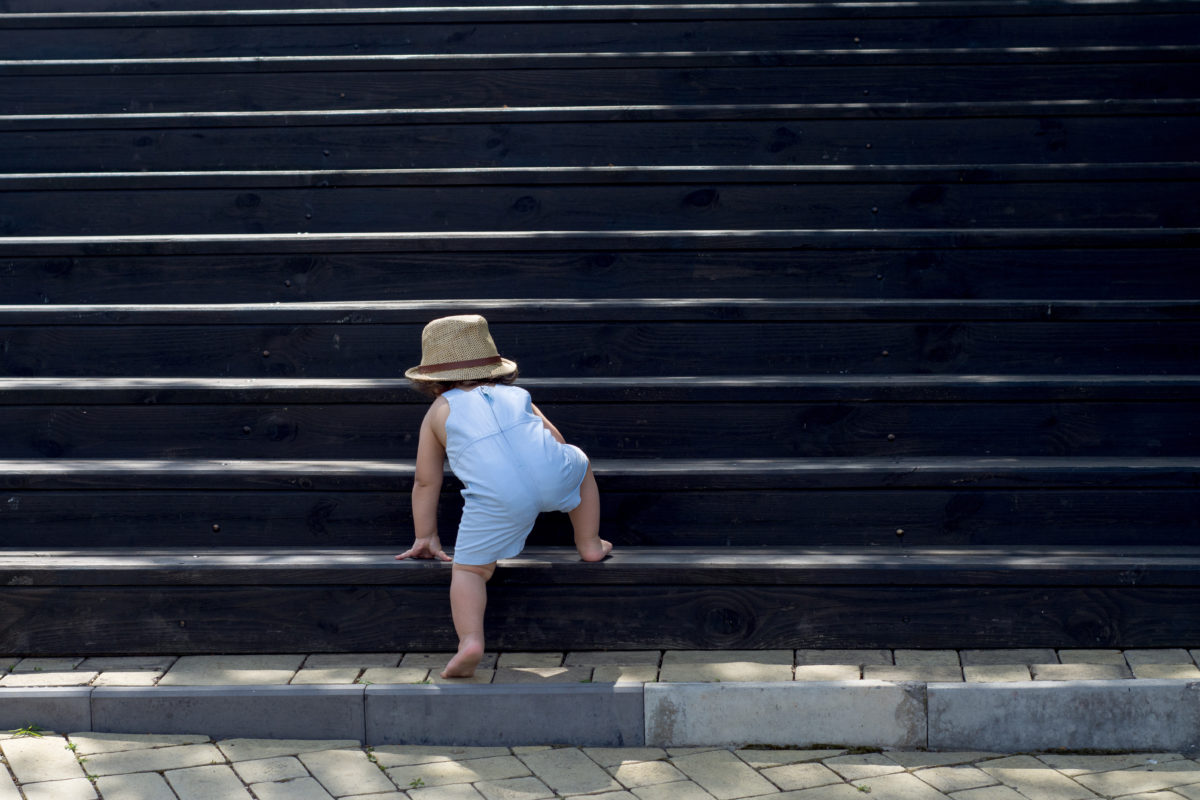If you have a child of your own already or are currently researching what type of parenting style you may have — you have come to the right place!
It is no secret that every child is unique and what works for one kid, may not work for the next. Below, we have compiled what experts identify as the most common parenting “styles.” Each of these approaches is based on the amount of support parents provide, as well as the amount of control they try to exert. And so, without further ado — let’s jump in!

Authoritarian parenting
This type of parenting is very strict, as parents set high expectations and rules that are usually, not flexible. In addition, they may not offer their kids much support or ask for their input. Authoritarian parenting is all about obedience and usually is accompanied by strict punishment when rules are not adhered to.
While authoritarian parents may not be able to create strict rules for a baby, they do create very rigid feeding and sleeping schedules. And teaching kids to follow rules may not be too bad of a thing, as experts say children of authoritarian parents tend to think about their actions before they do something, and thus, are less likely to make impulsive choices. In addition, they tend to be high achieving academically and disciplined, independent and self-motivated. However, research reveals that if a parent is too strict, it can pressure children to be perfect and may cause them to internalize behaviors like feeling withdrawn, lonely or afraid.

RELATED: Oliver Hudson Admits He And Kate Hudson Clash Over Parenting Styles
Authoritative parenting
This type of parenting style is to find a middle ground between firm but also supportive and loving. Instead of having rules for rules’ sake, parents of this style explain their expectations as a family. However, they make it clear who is in charge and remind kids they will be held accountable if they don’t follow through. When discipline is given, it looks like empathetic coaching and giving out logical/appropriate consequences.
For a baby, this will look like a feeding and sleeping schedule but if there are hiccups in the plan, they will allow adjustments for the sake of their little one. A toddler with an authoritative parent may have a few non-negotiables when it comes to health and safety, such as brushing hair once a day or not biting loved ones, and enforcing these boundaries in a healthy and measured way. This method is considered very healthy and according to research, children of authoritative parents tend to be friendly, cheerful and cooperative, as well as curious, self-reliant and goal-oriented.

RELATED: George Clooney On Genius Christmas Parenting Hack: ‘I Devised A Way To Get Them To Behave’
Attachment parenting
This particular theory is rooted in attachment theory, which is the belief that infants are born with the need to be nurtured and stay physically close to their primary caregiver for the first few years of their life. Experts see attachment parenting as a specific subset of authoritative parenting, but it hyper focuses on affection and physical touch.
This parenting style is applied the most during the baby and toddler years and includes minimal separation from your kiddo. And while this style has been shown to help children cope with stress, this approach can be difficult for parents, as their own needs may not get met. In addition, children of attachment parents may also have trouble transitioning by themselves into settings where their parents are not present like Sunday school or daycare.

Permissive parenting
Permissive parenting, while full of love and affection, tends to lean on inconsistent rules and discipline. This type of parent will operate more like a friend than a role model and as a result, their children have a lot of freedom and are not supervised closely. These children also don’t have a lot of responsibilities or chores, and their days usually aren’t very structured.
Being permissive with a baby may look like not creating a sleeping or a feeding schedule. Permissive parenting a toddler may look like going to bed whenever they want to or not being asked to pick up toys when they’re done playing.
As these types of children grow up, they tend to become free spirits who have problems giving their honest thoughts about, well, everything. And while this may boost creativity in some areas, these types of children may struggle with accepting and adhering to boundaries when it comes to the real world.

RELATED: 33 Funny Parenting Memes That Get Exactly What You’re Going Through
Free-range parenting
This parenting style is quite similar to permissive parenting, as both approaches have minimal guidelines. But instead of allowing kids to lead at the helm, free-range parenting aims to teach children to become more independent. This allows the child to do what a parent understands they are capable of, and not allow them to do whatever they desire.
While many may assume free-range parenting is for big kids only, any age can be guided under this parenting style. This may look like allowing a baby or a toddler to adventure into a new environment without interrupting them (as long as they are safe). For a school-aged child, it may look like allowing them to play in the backyard unsupervised.
Experts believe that allowing a child to be more independent can actually boost their sense of confidence and resilience, which allows them to better handle the inevitable growing pains of life. In addition, this style curates creativity and strong problem-solving skills. That being said, the definition of “free-range” carries from parent to parent and depending on where you live, there may be certain laws against letting children at a certain age do specific things by themselves like, walking to school or slicing their own food with a knife.

Uninvolved parenting
This type of parenting looks like parents who are unable to meet their kids’ emotional and/or physical needs — and usually, there is minimal supervision.
This style is quickly recognizable to most and can look like a parent not meeting their infant’s needs of food, sleep or shelter. With a toddler, this parenting style could look like not looking out for safety hazards or monitoring what they say around their child. And according to every expert, uninvolved parenting does not ensure complete security for kids. Research reflects that kids of uninvolved parents tend to have low self-esteem, and they can have a hard time forming healthy, trusting relationships with others.
To wrap it up and put a shiny bow on it — there is no one correct way to parent your child. Taking it day by day as well as taking cues from your child (while also having the support of your own) can be an excellent foundation to helping your young one grow into a well-adjusted human.
Mamas Uncut is THE online place for moms. We cover the latest about motherhood, parenting, and entertainment as well – all with a mom-focused twist. So if you're looking for parenting advice from real parents, we have plenty of it, all for moms from moms, and also experts. Because, at the end of the day, our mission is focused solely on empowering moms and moms-to-be with the knowledge and answers they’re looking for in one safe space.
